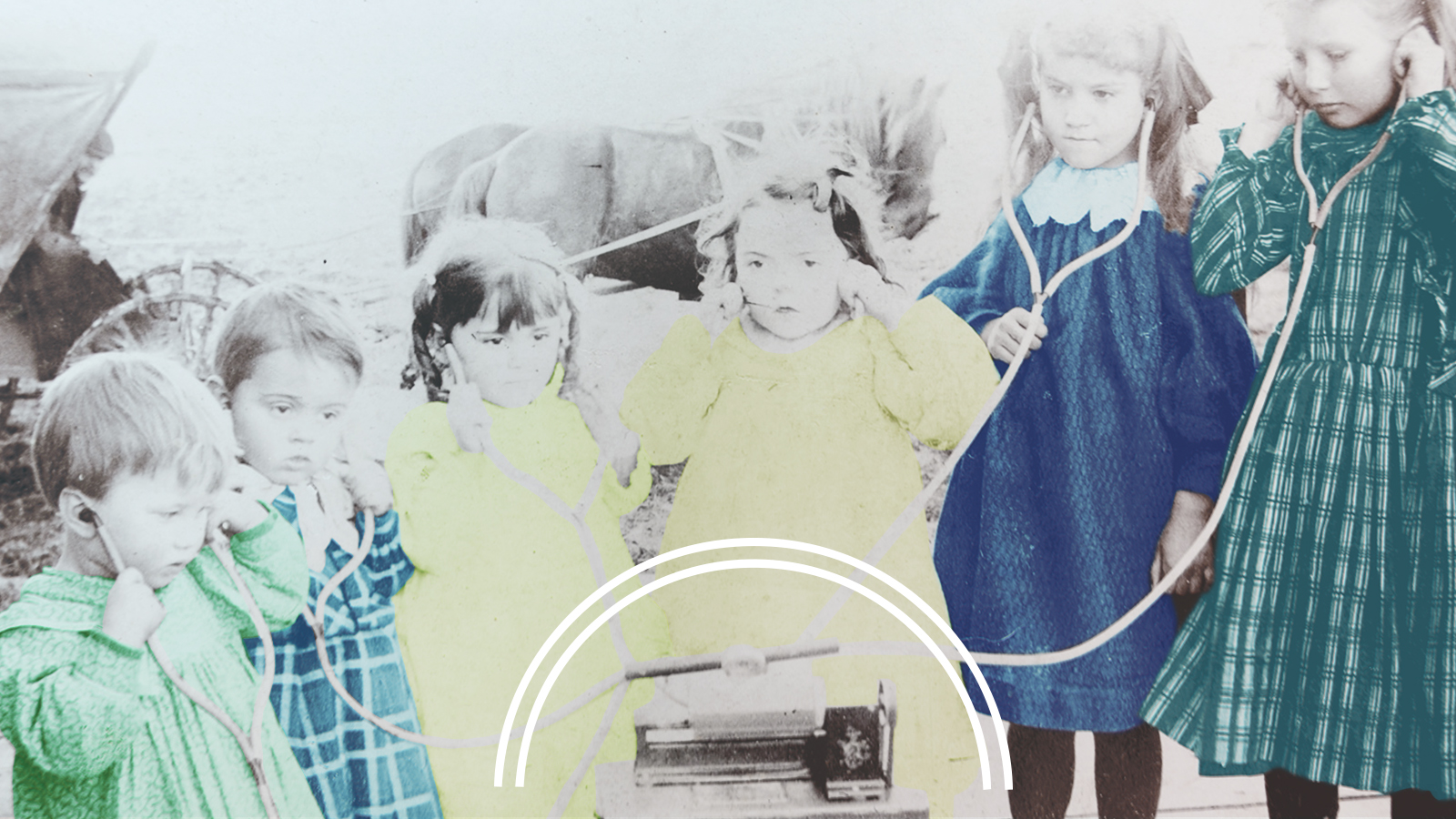Fruit
When fictional radio dramas were last having their moment in the sun, it was the late 1940s. The United Nations had just been formed in the wake of World War II, the U.S. minimum wage was $0.43/hour, and television had not yet descended on residential homes—a development that would knock audio fiction from the spotlight for the rest of the century, until podcasting came along and illuminated its possibilities.
While audio fiction may have retreated to the fringes of entertainment for several decades, it didn’t stop evolving. One need look no farther than Issa Rae’s Fruit to see proof of that. This 10-episode Howl production tells the story of X, a black pro football player, who begins to question his sexuality amidst his ascent to sports stardom. The series brings into focus issues of hyper-masculinity, race, identity, and sexuality through the gripping first-person account of X.
After X has a chance meeting with another man at a club, it sets him on a path of self-exploration to answer a question no man dare utter inside a pro football players’ locker room: Am I gay? The answer proves elusive and slippery, complicated by the fluidity of sexuality and the machismo of professional sports.
X, played by actor Roderick Davis, shares his account of this journey through a first-person confession, with X insisting he wants his chance to set the record straight. To whom he is speaking is not readily apparent (though it is by the end of the series), but the effect is that it feels like he is talking directly to you, lending the show an intense intimacy. Indeed, X spares no details as he describes scintillating sexual encounters and erotic fantasies with astonishing candor.
Though the series does not shy away from the particulars of these intimate moments, this is not a story about sex, but rather one about identity. And it goes beyond questions of sexual orientation, as X is a black Princeton graduate with a father who does not approve of his choice of career. Another plot might collapse under the weight of so many complicating factors, but in Rae and her writers’ capable hands, each element of X’s backstory draws us closer to him, pulling listeners into the knotted web of what it means to be a black man in a society that conflates gender with sexuality.
Perhaps the most ambitious choice Rae made was setting her story within the world of professional football. While the Venn diagram of football fans and podcast listeners may not have a great deal of overlap, and football has certainly seen its share of scrutiny in the past several years, it is still a sport with a devout following that has set the scene for countless films, books, and television shows. Rae somehow manages to find a new lens through which to view the game, and she tells her story without taking the opportunity to beat up on the sport. Her characters are unapologetic in their love for football, and the joyful action packed into many of the game scenes suggest this is not a bad thing; the issue is that so many of its players and fans also love heteronormativity. The show seeks to unpack the latter without indicting the former.
Structured as a first-person narrative, Fruit weaves in sound-rich scenes and dialogue from a dynamic cast of characters. Though not all the voice acting is consistent, Davis is superb as X. Additionally, the ensemble writing team makes outstanding use of flashbacks and non-linear timelines, imbuing each episode with a cinematic quality that never pumps the brakes on the tension.
Fruit raises the bar on what is possible in audio fiction. Its characters are complex and well drawn, its writing is pristine, and it takes itself seriously with top-shelf production. Anyone who thinks audio fiction is synonymous with monotone books on tape will be surprised to find this shows delivers a vivid one-two punch of spellbinding suspense and incredible heart.






